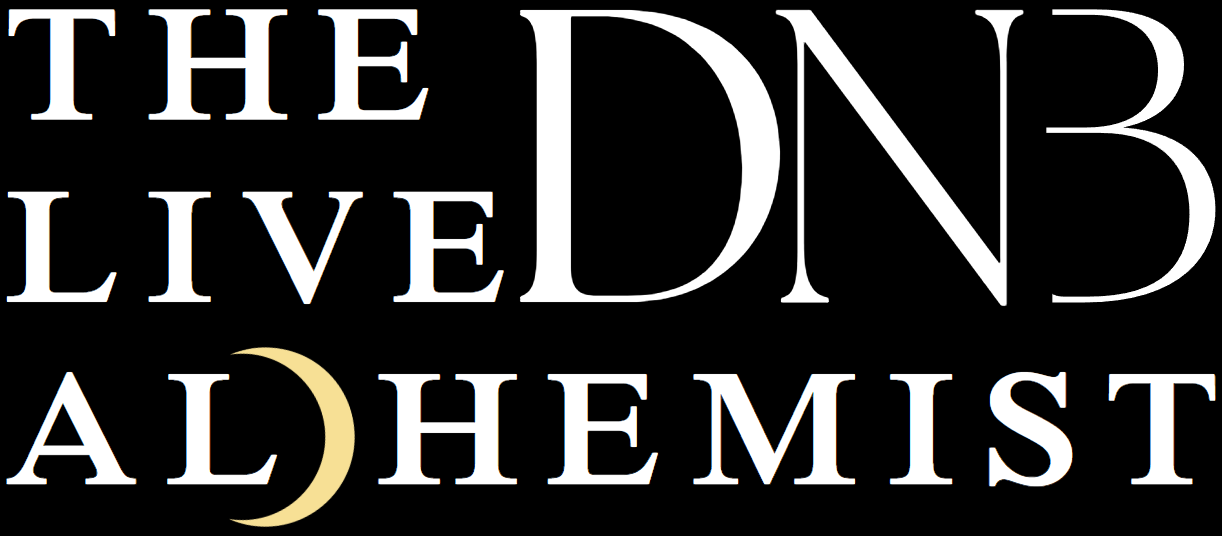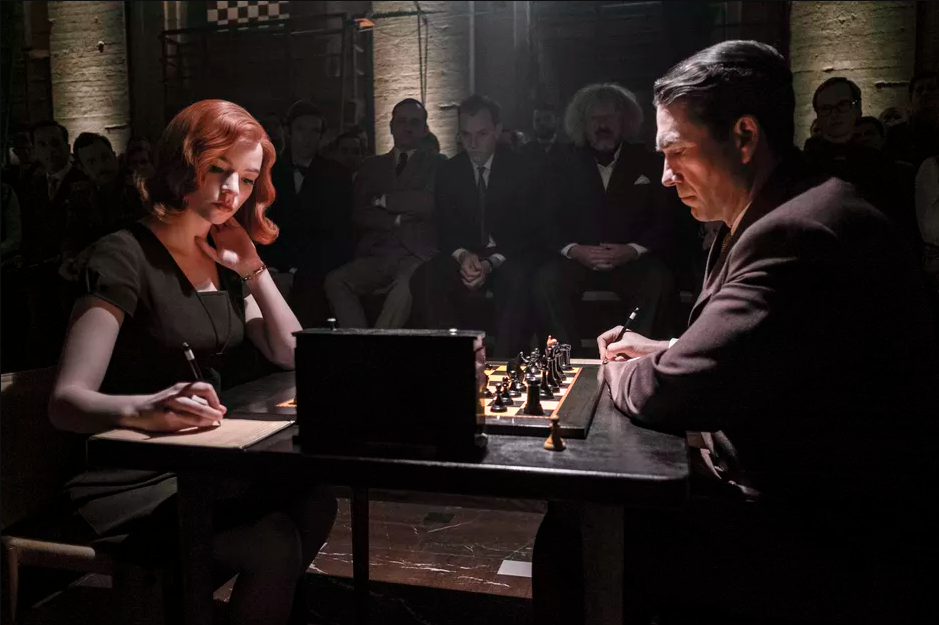A Real-Life Chess Match Between Tenant and Property Manager
Chess isn’t just a game.
It’s communication disguised as conflict.
Every move says something. Every pause means more.
And when the King is in check, the real test begins, not just of tactics, but of composure.
How to Follow This Match: Basic Fundamentals
You don’t need to be a Grandmaster to follow the play-by-play, but here’s your cheat sheet:
♟️ Chess Concepts:
- Every move is a message: Revealing motive, threat, or positioning.
- Check: When the king is threatened. Must respond. No exceptions.
- Escaping Check: You can block, move the king, or eliminate the threat.
- Checkmate: The king is threatened, and there's no legal escape. Game over.
- “If you see a good move, look for a better one.” Think ahead. Don't just react.
- Sacrifice: Sometimes you give up something now to control the game later.
🏘️ Property Management / Legal Concepts:
- Habitability: Units must be safe and functional. Leaks can challenge that.
- Withholding Rent: In many states, only legal with escrow and true uninhabitability.
- Emergency Entry: 24 hours is standard, but emergencies allow for immediate access.
- Documentation Wins: Not who yells louder, but who has receipts, photos, notices, lease clauses.
The Opening: First Contact
White: “The ceiling is leaking.”
A simple message. No tension yet. Just a tenant reporting a real issue.
My internal response:
- Acknowledge the problem.
- Triage the situation.
- Keep it clean.
- Keep it calm.
Black:
I patch the roof. Dispatch a roofer. Gather estimates. Clean up the water.
I document every step, photos, timestamps, contractor details.
This is opening theory.
You don’t overreact, you develop your pieces, control the center, and stay grounded.
Tension Rises
White: “I’m withholding rent.”
A shift.
Not from repair to escalation. From concern to leverage.
But my heart didn’t race.
It reminded me of Jocko.
Breathe.
Detach.
Look around.
Make a call.
Black: “Just so we’re clear, under South Dakota law, rent can only be withheld if it’s placed in escrow and the unit is proven uninhabitable. Neither applies.”
That’s a positional move.
No swing. No noise. Just facts on the board.
Structure over emotion.
The Bluff
White: “I’m going to call the city.”
Now we’re out of tactics and into performance.
But I already knew where we stood:
- Repairs underway.
- Leak documented.
- Contractors lined up.
- No legal basis for withholding rent.
So I paused again.
In chess, when a move doesn’t make sense, you pause. You assess. You don’t play into the drama, you look through it.
This wasn’t about the leak.
It was about power.
The Counterattack
Black: “I called the city myself.”
Clean. Controlled. Strategic.
I wasn’t afraid of oversight, I welcomed it.
When you play by the book, truth becomes an asset.
This is a reversal.
The threat she planned to use… I used first.
The Stall
White: “I’m not sure I’ll be home then.”
That’s not resistance. That’s retreat dressed as control.
In chess, we call that loss of tempo.
The game’s no longer hers.
Now it’s mine.
The Lockdown
Black: “This message serves as your 24-hour notice of entry due to emergency repairs. As per Section 2.8 of the lease, entry is allowed under these circumstances.”
Not a debate. A move. Legal. Written. Backed by contract.
This is a forced line.
No reply can change the outcome.
The structure wins, not the volume.
The Inspector Arrives
At my request.
Neutral party. Legal observer.
Inspects the unit. Reviews the condition. Makes the call.
“Unit deemed habitable.”
Check.
Not by force, but by clarity.
The facts spoke. The bluff collapsed.
But I wasn’t done.
White has to move their king. Its was their only move.
It was a good move but, instead of chasing down a single piece...there is a principle you follow.
♟️ The Principle Behind the Move:
“If you see a good move, look for a better one.”
– José Raúl Capablanca, World Chess Champion
This isn’t just about chess.
It’s about how you lead. How you manage. How you respond when you’ve already “won.”
See, a lesser player sees the inspector’s report, unit habitable, and breathes easy.
Game over, right?
But real players?
They know better.
Because if you’re only playing defense, you might win the moment
But lose the match.
That’s why I didn’t stop at “check.”
I looked for a better move. What was the best move?
Endgame Vision
I asked:
What’s the next threat or opportunity?
What move is still available to my opponent that hasn’t been played yet?
I stepped into her perspective.
If I were White, and I really wanted leverage, what would I say?
“The owner hasn’t approved the $18,000 roof repair. So technically, the issue isn’t resolved. I’m placing rent in escrow.”
A strong counter.
So I played ahead.
I repositioned the board.
But how could I respond to this before she even made the move...
Black: Is this a possible insurance claim? What if we let insurance fund the repairs?
I advised the owner:
File the claim. Secure the asset. Cover the roof and the tenant’s concern in one move.
Owner makes the call.
Insurance adjuster comes out.
And just like that, I removed her final piece of leverage before she ever touched it.
In chess, this is called anticipation.
In life, it’s called leadership.
That’s a fair next move.
So I moved first. And when people are working with you and not against you, they tend to appreciate this foresight.
Black: Approved Insurance Claim.
Why fight the system when it can work for you?
The roof damage? Legitimate.
The leak? Covered.
The tension? Dissolved.
Resolution
Black:
✔️ Insurance claim approved.
✔️ Full interior and exterior repairs covered.
✔️ Tenant moves out, voluntarily.
✔️ No court. No escalation.
✔️ Withheld rent reimbursed.
✔️ A new, cooperative tenant moves in.
✔️ Property value increases.
✔️ The owner wins.
✔️ The company wins.
✔️ I win.
Checkmate.
And not because I shouted louder, but because I thought further.
Final Reflection: Play the Long Game
It was never just about the ceiling.
It was about perception.
Position.
Power.
Most people try to win the argument.
But the best players?
They win the position.
Breath when others panic.
Move when others stall.
Think, not just in lines, but in layers.
Chess. Property Management. Life.
Different boards. Same delusions.
You can think 3 steps ahead.
Or 5.
Or more, if you’ve had enough caffeine and childhood trauma.
But even then, the game has a mind of its own.
Because people don’t always make rational moves.
Sometimes they threaten to call the city over a leak you already fixed.
Sometimes they believe they’re winning, because they yelled louder.
And that’s when your gut kicks in.
Not because you’re psychic (unless you are, in which case...congrats. Personally, I don't believe the future can be predicted. ;)
But because pattern recognition is real, and your opponent just recycled a move from 2007 landlord TikTok.
The truth?
Most of the game is bluff.
And your job isn’t to panic.
It’s to smirk, call the inspector, and let the board speak for itself.
Because sometimes…
You know their next move before they do.
And that’s not magic.
That’s just playing with your eyes open.
So, next time
You sense the bluff before it’s spoken.
You smell the smoke before the match is lit.
And in that moment, before the Yelp post, before the rent threat, before the drama hits full send.
You don’t flinch.
You counter.
Not to win the argument.
But to end the story before it starts.
Because some people play checkers.
You play silence.
Additional Fundamentals for Understanding the Story
1. Tempo Matters
- In chess, tempo is the pace of play. Gaining tempo means forcing your opponent to respond, letting you dictate the rhythm.
- In PM or life: Whoever sets the tone and timeline usually controls the outcome. Acting preemptively, before the other side does, wins leverage.
2. Initiative Wins Games
- Having the initiative means you're forcing your opponent to respond to your moves.
- In your story: You called the city first. That stole the initiative and disarmed their bluff.
3. The Board Is Objective
- A chessboard doesn’t care how loud you are or how emotional you get. Only the rules and moves matter.
- In PM: Documentation, lease clauses, and legal codes are the rules. Emotion doesn’t win court cases, evidence does.
4. False Threats Have a Shelf Life
- In chess, threatening check without follow-through often weakens your own position.
- In your story: The threat to call the city wasn’t backed by action, so it lost power and exposed their strategy.
Additional Chess Principles That Apply to Life and Property Management
🔄 1. Zugzwang (Being Forced to Move)
- A situation where every move you can make worsens your position.
- Lesson: Sometimes, people push conflict until they’re cornered. Don’t be the one who gets forced into zugzwang, act early.
🛡️ 2. The Importance of Structure
- Strong pawn structures and piece coordination are the backbone of a good position.
- Lesson: In PM, your “structure” is systems, policies, templates, and documentation. Don’t let it fall apart or get lazy with your fundamentals.
🪞 3. Every Move Reflects a Story
- Every action reveals motive. Smart players read the psychology, not just the move.
- Lesson: Tenants, owners, vendors, everyone communicates through behavior. Look beyond what’s said to what’s intended.
🔥 4. Don’t Defend Every Threat
- Sometimes the best response to a threat is to ignore it and focus on your plan.
- Lesson: Don’t get baited by drama. Not every complaint needs a reaction, just a clear path and strong position.
🎯 5. Simplify When You’re Ahead
- In chess, when you're ahead, trade pieces and reduce complexity. It makes your advantage clearer.
- Lesson: If you’re in control (legally, operationally), don’t escalate. Keep it simple. Let facts and process do the work.
⏱️ 6. Time Pressure Creates Mistakes
- Even strong players blunder under time pressure.
- Lesson: Keep your cool, stay methodical. When others rush or panic, you win by being the calm center of the storm.


